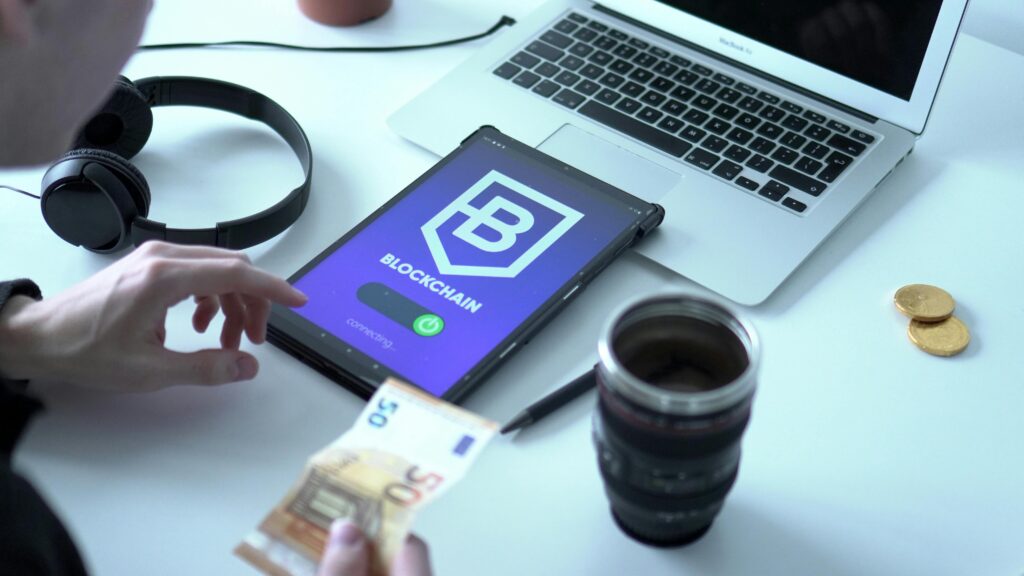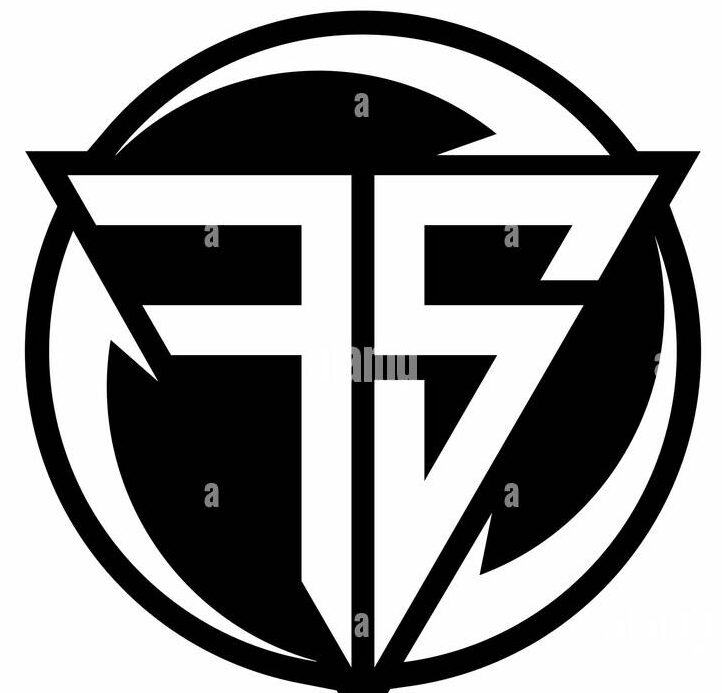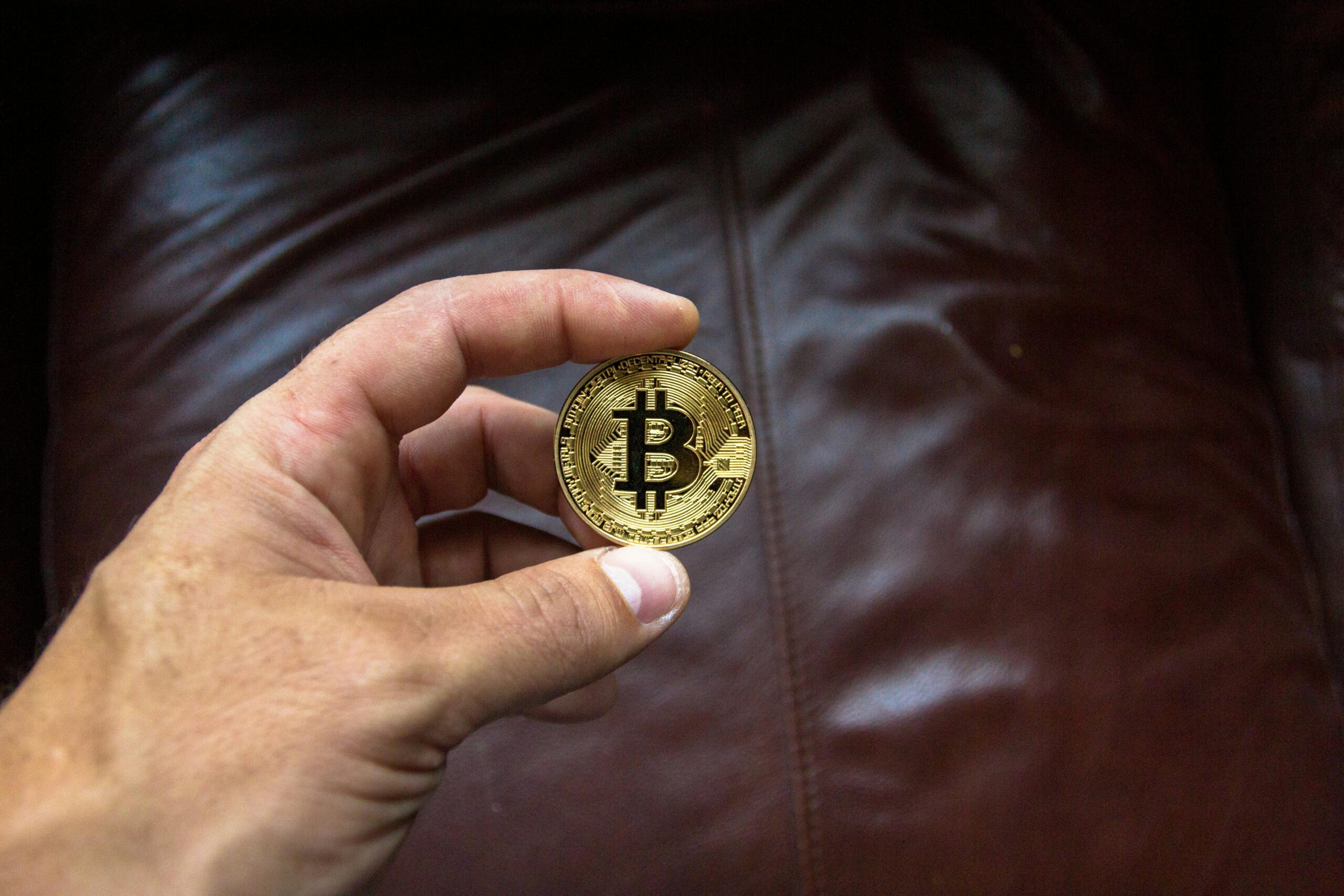Blockchain era, first added through Bitcoin, has superior a protracted way beyond its real utility as a virtual foreign cash. Today, blockchain is being carried out across severa industries, supplying cutting-edge answers and transforming conventional techniques. This allocated ledger technology is characterised with the beneficial beneficial useful resource of its decentralized, immutable, and apparent nature, which ensures safety and receive as actual with without the want for intermediaries. As we find out the actual-global applications of blockchain, its functionality to revolutionize more than one sectors turns into more and more obvious.
In the monetary industry, blockchain has paved the manner for the improvement of cryptocurrencies and decentralized finance (DeFi). Beyond Bitcoin, severa cryptocurrencies like Ethereum, Ripple, and Litecoin have emerged, every with specific skills and use instances. Ethereum, for instance, added smart contracts, which might be self-executing contracts with the phrases right now written into code. These contracts facilitate, confirm, and positioned into impact the negotiation or ordinary overall performance of a agreement with out the need for intermediaries, reducing costs and enhancing overall performance. DeFi structures leverage blockchain to provide economic services together with lending, borrowing, and looking for and selling without traditional banks, as a end result democratizing get proper of access to to economic offerings.
Supply chain control is some special region wherein blockchain is making extraordinary strides. The generation gives an immutable report of transactions, enhancing transparency and traceability within the course of the supply chain. This functionality is in particular valuable in industries like meals.
Additional advantages of implementing blockchain technology are also present in the application of the healthcare industry. As explained, medical records are confidential documents and their use exposes patients’ identifiable information to third parties hence the need for measures to ensure their security. The application of blockchain in the medical field is highly efficient because of its ability to provide a secure, integrated, and non-alterable record system for a patient’s medical history. When patient ownership is achieved, patients can have much more control over their data and allow access to healthcare organizations when needed while keeping the information private. This system facilitates the flow of information between the providers and this helps the providers to offer better health care services to their patients, and it also avoids errors. Moreover, through the application of the blockchain solution the organization can manage pharmaceutical chains more effectively to prove its drugs genuineness and eliminate distribution of fake drugs.

Taking into consideration the aspects presented in the previous sections, it can be concluded that blockchain is a secure and reliable solution when it comes to identity verification. Identities have to be verified, and the conventional ways of going about this are slow and can easily be forged. It also provides a secure and reliable way of establishing provisional and unchangeable identities with simple digitally suitable proofs. It may find application in areas like voting and other processes which require an unalterable record of the process, this would then help in increasing the transparency of the process as well as preventing tampering with the results. Some nations like Estonia are developing a blockchain-based e-residency scheme through which citizens of the world from across the globe can regulate their identity from their smartphones and access various services.
Treats all aspects of real estate sales including parties to the contract and paperwork as confusing since they are complicated. These processes can be made easier and faster through the use of blockchain, due to the fact that it ensures that ownership records of the properties and the record of all the transactions are well recorded and can rarely be altered. Real estate can be managed and controlled by smart contract and execute the condition of an agreement removing the necessity of freelances like a broker and lawyer. This is not only beneficial considering the aspect of Total Transaction Cost but also from the view of minimizing fraudulent activities and potential legal complications. Through adoption of Blockchain technology, properties can also be subdivided to accommodate larger number of investors thus solving the problem of market illiquidity.
All the same, the use of blockchain has some several obstacles inherent to it. One limitation is the scalability issue, a problem evident in early blockchain networks where they usually perform slow for high traffic. They also have concerns that revolve around the utilization of energy by blockchains with concepts like proof of work predominant such as Bitcoin. A big issue has also been the regulatory issue, as governments as well as institutions try to figure out how to standardize and govern this new more technology.
Though, continuous research with technological advancements are being made to overcome these challenges. Various solutions like PoS, sharding, are being witnessed to curb the issue of scalability of blockchain while still maintaining the decentralized consensus protocol. Slowly but surely, the regulatory landscape is inching towards the direction of privation, with the hope of sustaining the innovation while protecting it from the cartels.
In conclusion, basically blockchain is not only about Bitcoin though it has huge opportunities in diverse fields and industries. It offers disruptive solutions to finance, changes in supply chain, identity, property rights, socio-economic systems, energy and healthcare, voting, intellectual property, and services. Although there are challenges that come with the implementation of blockchain technology, there is a constant improvement of the technology and the discovery of the impact of blockchain technology to various economies shows that the future is bright. Future developments of blockchain technology provide great opportunities to expand in more areas of life, thus becoming an essential tool for the realization of innovative ideas in the context of the emerging society of constant digital interaction.

